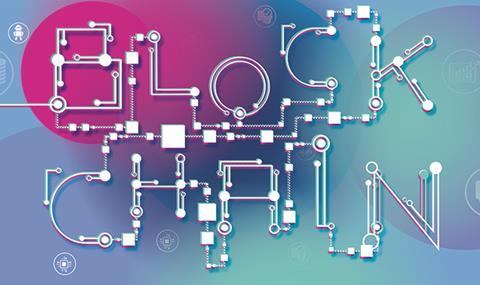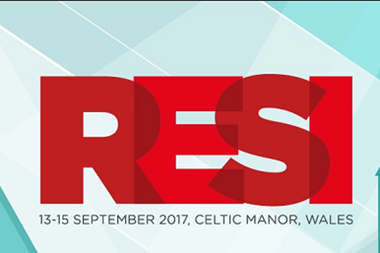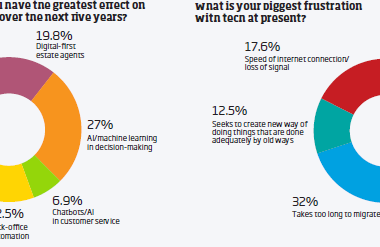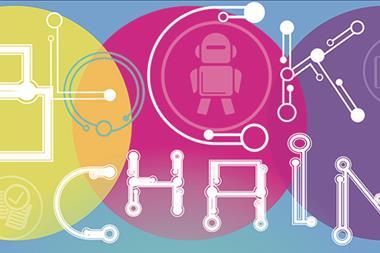By now, many within the property industry will have heard of blockchain, but perhaps not know what it is.

Put simply, blockchain is a virtually incorruptible digital ledger that can be programmed to record not just financial transactions but almost anything of value.
Information held on blockchain is on a shared and continuously reconciled database that is stored in multiple locations, meaning the records it keeps are truly public, easily verifiable and, most importantly, virtually impossible to hack.
The biggest risk my company faces as a lender is probably fraud. UK mortgage fraud is currently estimated to total more than £1bn a year. We spend a lot of time establishing the true ownership of properties and while we insure against fraud, prevention is better than cure.
Under the current system, some conveyancers can only do limited ‘know your customer’ searches on new clients, potentially allowing fraud. A practical solution to this problem could involve registering a property at a hypothetical blockchain land registry (BLR).
This process would require the owners to enter some sort of digital ‘fingerprint’ such as a retinal scan on registration or purchase, making fraudulent sales or financings near impossible as the same process would be required for subsequent transactions.
Should the property industry take this path, we would not be the first to do so. In February, the republic of Georgia announced that it would work with tech developer Bitfury to commence registration of all property transactions on to blockchain. Other countries are in the process of following suit.
Relevant information
Property registration through blockchain is just the tip of the iceberg. It is conceivable that in the future, almost every relevant bit of information relating to property, especially information that a property investor would want, could be stored in a similar way.
This could range from planning, tenancy, environmental reports, searches, building regulations, measurements, historic valuations… the list is almost endless. The implementation of blockchain could also dramatically reduce the cost of dealing with failed planning applications, which amounts to more than £100m annually.

With such an abundance of information capable of being stored on a BLR, transactions are greatly sped up, reducing the amount of money wasted on delayed and aborted deals, which is estimated by Property Technology founder Sam Zawadzki to be close to £669m annually. A conveyancer will be able to report on a title (to customers and mortgagees) in hours rather than days and property sales will be concluded in days rather than weeks. Theoretically, people will be able to move home within two to three weeks of agreeing terms, even in deals with chains.
Similar positives apply to commercial, particularly as the technology now exists to review hundreds of leases in a matter of hours, meaning offers for commercial properties could be made pre-diligenced, finance approved (with legal costs reduced by up to 80%) and ready to exchange.
The digitisation of information on to the BLR could also assist in the more efficient securitisation of properties. This not only benefits large commercial properties but also BTL. With fewer young people being able to afford property ownership, you could even find renters buying shares of the vehicles that own the properties they live in; essentially, a form of shared ownership for the 21st century.
It’s an exciting concept - and most of the required technology already exists. All we need is a motivated government and industry.






























No comments yet